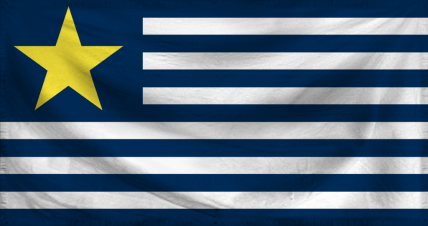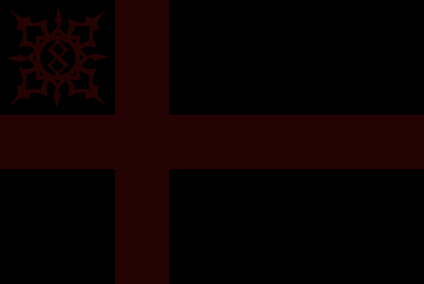
Advertisement

![]() by Berbenshahr » Mon Apr 01, 2024 8:55 pm
by Berbenshahr » Mon Apr 01, 2024 8:55 pm
♬ NOW PLAYING...
System Of A Down
ROYAL ENCYCLOPÆDIA
STATE WEBSITE
18 MAR 2024 THE BERBENIAN STANDARD "So I am guessing these people are the "kombucha mushroom" dorks they're talking about, right?"

![]() by Bilancorn » Tue Apr 02, 2024 2:16 am
by Bilancorn » Tue Apr 02, 2024 2:16 am

![]() by Tamocordia » Tue Apr 02, 2024 8:11 am
by Tamocordia » Tue Apr 02, 2024 8:11 am

![]() by Tramontanum » Thu Apr 11, 2024 10:10 am
by Tramontanum » Thu Apr 11, 2024 10:10 am

![]() by Angvar » Thu Apr 11, 2024 11:49 pm
by Angvar » Thu Apr 11, 2024 11:49 pm

![]() by Tramontanum » Fri Apr 12, 2024 9:43 am
by Tramontanum » Fri Apr 12, 2024 9:43 am


![]() by Nahuatistan » Sat Apr 20, 2024 6:08 pm
by Nahuatistan » Sat Apr 20, 2024 6:08 pm

![]() by British Georgia » Sat Apr 20, 2024 8:54 pm
by British Georgia » Sat Apr 20, 2024 8:54 pm

![]() by Unogonduria » Sun Apr 21, 2024 5:05 am
by Unogonduria » Sun Apr 21, 2024 5:05 am

![]() by Lukeona » Tue Apr 23, 2024 6:33 am
by Lukeona » Tue Apr 23, 2024 6:33 am

![]() by Shearoa » Tue Apr 23, 2024 8:59 am
by Shearoa » Tue Apr 23, 2024 8:59 am

![]() by Unogonduria » Wed Apr 24, 2024 8:24 am
by Unogonduria » Wed Apr 24, 2024 8:24 am

![]() by Unogonduria » Wed Apr 24, 2024 8:35 am
by Unogonduria » Wed Apr 24, 2024 8:35 am

![]() by Tramontanum » Tue Apr 30, 2024 9:29 pm
by Tramontanum » Tue Apr 30, 2024 9:29 pm

![]() by Netouere » Wed May 01, 2024 10:12 pm
by Netouere » Wed May 01, 2024 10:12 pm
☉ 29 Parmouti 2059 ΛΓʹ✉ -THE FALCON-|-HEADLINES-|-♬ Currently playing:-

![]() by The Community of Cascadia » Thu May 02, 2024 6:22 pm
by The Community of Cascadia » Thu May 02, 2024 6:22 pm

![]() by Bilancorn » Fri May 03, 2024 2:42 am
by Bilancorn » Fri May 03, 2024 2:42 am

![]() by Mitaka » Sun May 05, 2024 9:37 pm
by Mitaka » Sun May 05, 2024 9:37 pm
Advertisement
Return to Factbooks and National Information
Users browsing this forum: No registered users
Advertisement